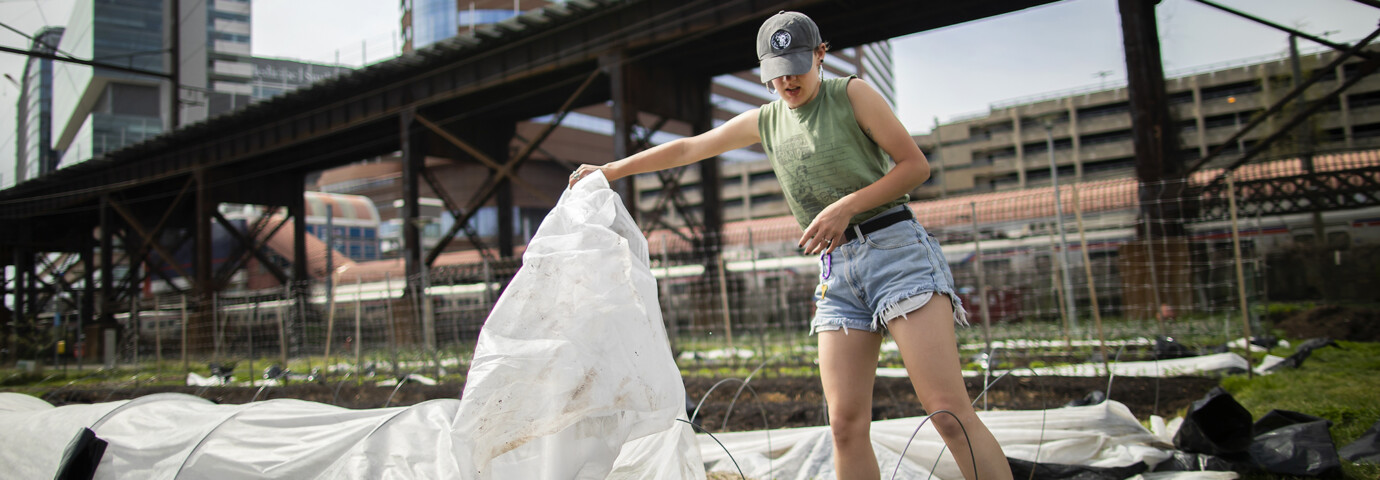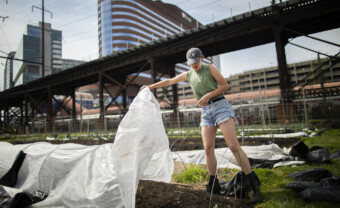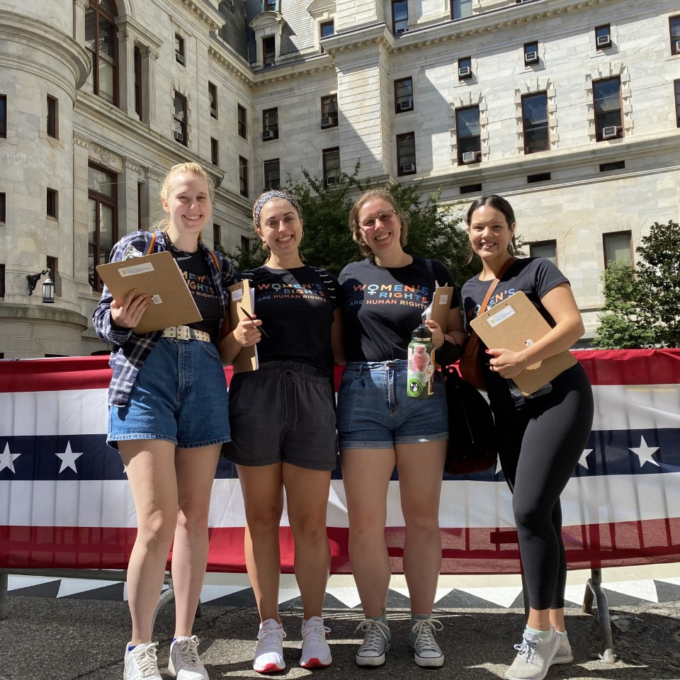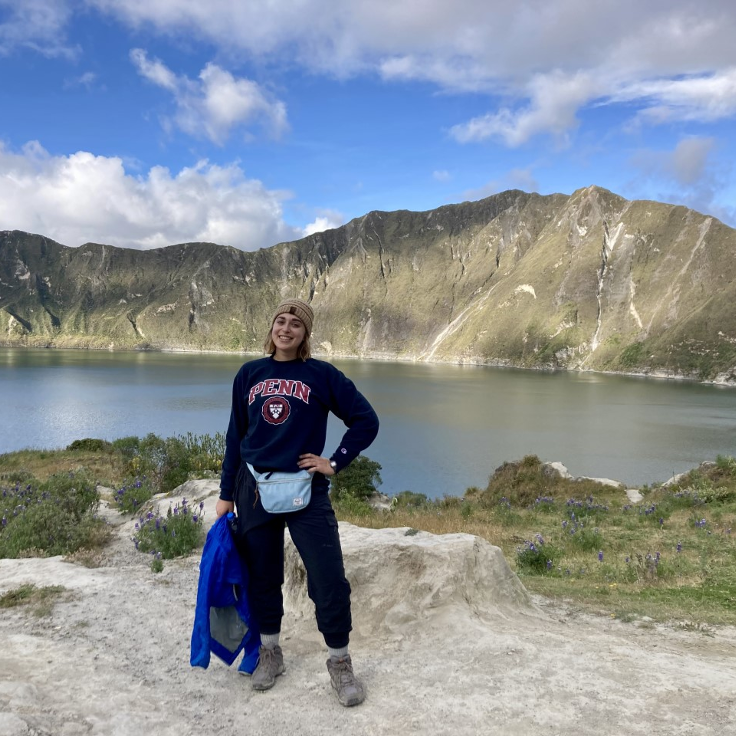

Fieldwork Experience
Fieldwork is a practice experience relevant to MPH students’ area of specialization that demonstrates the application of basic public health concepts. The goal of Fieldwork is for students to gain real-world public health experience while building skills and competencies through engagement in meaningful public health work.
Requirements
The MPH Fieldwork Experience is a non-credit bearing requirement for graduation from the program conducted under the supervision of a Community Preceptor and on behalf of a public health organization. Students in the MPH program must complete at least 125 hours of Fieldwork as a graduation requirement. The Fieldwork Experience must show that MPH students have applied at least five public health competencies, satisfying the CEPH Applied Practice Experience requirements.

Fieldwork Details
125Hours Minimum
5Competencies
2+Deliverables
102+Fieldwork Sites & Partners
Getting Started with Fieldwork
Prior to starting Fieldwork, students complete an asynchronous Canvas course that introduces them to general principles of equity, identities, health disparities, and racism, and is designed to help students get the most of their Fieldwork Experience. After the asynchronous course is complete and prior to starting their Fieldwork, students meet with the MPH Fieldwork Coordinator who assists in identifying an appropriate fieldwork site, public health project, and community preceptor. Students also fill out a Fieldwork Approval Form in consultation with their community preceptor. Key to this form is the list of duties, competencies, and agreed upon schedule. At this points, students begin Fieldwork. At the end of the Fieldwork Experience, students submit documentation of the competencies achieved, and community preceptors fill out an evaluation.
Some of Our Fieldwork Partners by Sector
Our MPH students hold Fieldwork placements at a wide range of agencies, organizations, and community-based projects. In general, any organization or project that provides, plans for, coordinates, organizes, pays for, or regulates public health services in the community is likely a valid fieldwork site. Students are supported at their Fieldwork site by their Community Preceptor, a public health professional working in or collaborating with a public health focused organization.
City of Philadelphia Department of Behavioral Health and Intellectual disAbility Services
Courdea
Prevention Point Philadelphia
Delaware Valley Community Health
Health Promotion Council
MANNA
City of Philadelphia Office of Sustainability
Penn State Integrated Pest Management
Philadelphia Department of Public Health Division of Chronic Disease & Injury Prevention
African Family Health Organization
CHOP Global Health Center
CHOP Refugee Health Program
CHOP PolicyLab
HIAS Pennsylvania
Jewish Federation of Greater Philadelphia
Nationalities Services Center
Puentes De Salud
Welcoming Center for New Pennslyvanians
American Heart Association
Bicycle Coalition of Greater Philadelphia
Camden Coalition
The Food Trust
Healthy NewsWorks
MANNA
Philabundance
PHMC/Health Promotion Council
Centers for Disease Control & Prevention
Hepatitis B Foundation
American Lung Association, Pennsylvania
Children First (formerly PCCY)
CHOP Policy Lab
City of Philadelphia District Attorney’s Office
HealthSpark Foundation
Robert Wood Johnson Foundation
Philadelphia Department of Public Health Preparedness
Health & Human Services: Assistant Secretary for Preparedness and Response
AccessMatters
Philadelphia Department of Public Health Maternal, Child, and Family Health
Merck for Mothers
ACHIEVEability
Family Practice and Counseling Network
Lutheran Settlement House
PACDC
PHENND
Project HOME
Chelsea’s Fieldwork Experience in Sangolquí, Ecuador
This summer, I did my MPH fieldwork in Sangolquí, Ecuador through Penn’s Global Research and Internship Program (GRIP). The host organization, Manna Project International (MPI), is a US-based community development nonprofit with over 15 years’ experience in the region, and their focus on health, education, and livelihoods made it a natural fit for a public health fieldwork placement.
My main project was a community needs assessment to determine recommendations for new programs of interest, with an emphasis on reaching the most vulnerable members of the community, including people with low income, indigenous people, and migrants fleeing the ongoing crisis in Venezuela. My team conducted interviews and focus groups, then created a summary of our findings to share with the organization. I also collaborated with MPI staff to update website content with an emphasis on using global health data to demonstrate program need.
